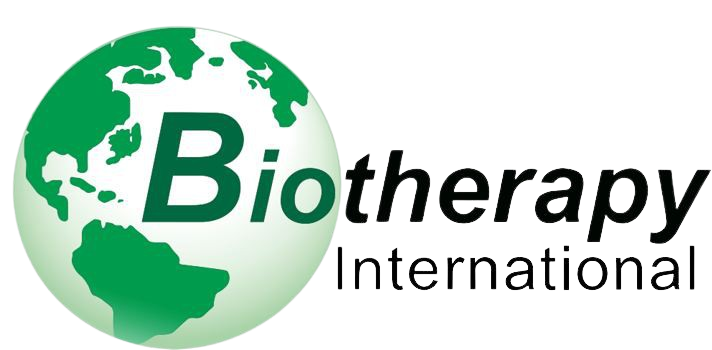Stroke refers to permanent damage to part of the brain, caused by a disruption in blood supply or by bleeding. Accordingly, there are two main types of stroke: in ischemic strokes, a section of the brain is completely cut off from the blood supply; in hemorrhagic stroke, the damage is caused by the pressure exerted by internal bleeding inside the skull. Stroke may result from bleeding caused by a traumatic brain injury. In other cases, it is an advanced complication of atherosclerosis and generalized inflammation.
Symptoms and Consequences of a Stroke
Initially, a stroke may be spotted by:
- Sudden numbness or paralysis on one side of the face or limbs
- Abrupt confusion
- Abrupt aphasia (inability to speak)
- Sudden dizziness, lack of coordination, or trouble walking
Strokes require immediate medical attention and in some cases, emergency intervention. Following this, strokes tend to leave behind a long series of neuropsychiatric effects. The full extent of them will depend on the region of the brain that was affected. They may include loss of movement or sensation in a part of the body, inability to control excretion, loss of speech function, or loss of cognitive function.
Treatment following a Stroke
Immediately after suffering a stroke, it is important to stop the bleeding, repair or resume the oxygen supply, or to treat the immediate cause of it. This stage usually requires immediate intervention.
For the patient’s long-term recovery, it will be necessary to try and minimize further damage by controlling the blood pressure, if indicated; and to try to control the secondary inflammatory reaction that frequently accompanies brain damage.
Traditionally, recovering from a stroke is a long-term process. Extensive physical and occupational rehabilitation will be needed to recover any lost functions during the event. This may include speech therapy, re-learning how to walk, or learning to live with the sequelae.
Mesenchymal Stromal Cell Treatments for a Stroke
Mesenchymal stromal cells (MSCs) and possibly also their secretory exosomes can induce anti-inflammatory effects in the brain. Theoretically, since MSCs can also be differentiated into different neural cells, experimental treatment with MSCs, supported by exosomes in the future, may help regenerate lost functions and prevent or minimize the development of secondary fibrosis. Some patients may benefit from hyperbaric oxygen therapy. Unfortunately, at present, there are tight regulatory restrictions that block the use of MSCs, enriched ex-vivo, to differentiate them into brain cells.
At Biotherapy International, we have the following two therapies available: in vivo mobilization of multi-potent stem cells by growth factors, and mobilization of circulating multi-potent stem cells to the central nervous system by low energy acoustic shock waves therapy. Whether or not they can be of help remains to be investigated.


